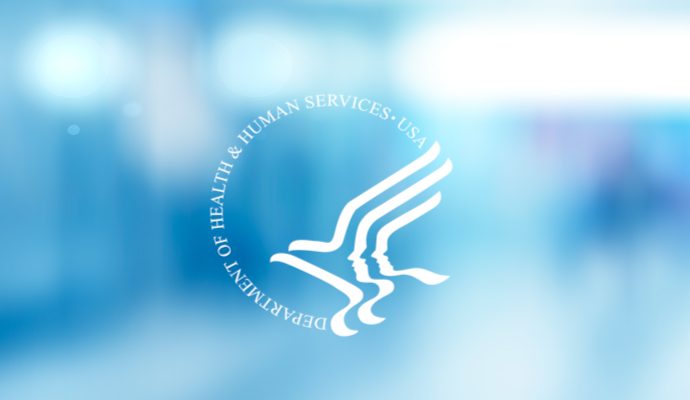HHS Finalizes Medicare Advantage Risk Adjustment Data Validation Program Rule
The final rule aims to fix the flaws that have plagued the Medicare Advantage risk adjustment data validation program and that led to overpayment.

Source: Getty Images
- The US Department of Health and Human Services (HHS) has released a final rule that aims to introduce more oversight into the Medicare Advantage risk adjustment data validation and payment process.
“Protecting Medicare is one of my highest responsibilities as Secretary, and this commonsense rule is a critical accountability measure that strengthens the Medicare Advantage program. CMS has a responsibility to recover overpayments across all of its programs, and improper payments made to Medicare Advantage plans are no exception,” HHS Secretary Xavier Becerra said in the HHS press release.
“For years, federal watchdogs and outside experts have identified the Medicare Advantage program as one of the top management and performance challenges facing HHS, and today we are taking long overdue steps to conduct audits and recoup funds. These steps will make Medicare and the Medicare Advantage program stronger.”
Under the finalized rule, CMS will not extrapolate audit findings for payment years 2011 through 2017, the CMS fact sheet stated. CMS will collect non-extrapolated overpayments for plan years 2011 through 2017.
Extrapolation will begin with the plan year 2018 risk adjustment data validation audit using any extrapolation technique that is statistically valid. The audits will center on high-risk plans.
“Extrapolation, or the act of estimating a value (such an overpayment amount for a Medicare provider) based on a statistically valid sample of units (such as Medicare claims), has historically been a standard part of auditing practice at CMS,” the rule explained.
Adjustment factors—also called fee-for-service adjusters or FFS adjusters—will not be a part of the audits. Actuarial evidence will only be used for CMS risk adjustment in Medicare Advantage payments. CMS will not require actuarial evidence for return overpayments for unsupported diagnoses.
“CMS is committed to protecting people with Medicare and being a responsible steward of taxpayer dollars,” said CMS Administrator Chiquita Brooks-LaSure. “By establishing our approach to RADV audits through this regulation, we are protecting access to Medicare both now and for future generations. We have considered significant stakeholder feedback and developed a balanced approach to ensure appropriate oversight of the Medicare Advantage program that aligns with our oversight of Traditional Medicare.”
The finalized rule is scheduled to publish on February 1, 2023, according to the Federal Register.
Experts have identified serious flaws in the Medicare Advantage program leading to overpayment, including improper use of chart reviews and health risk assessments.
The announcement comes on the heels of a report from the Office of Inspector General (OIG) which found that Cigna-HealthSpring of Tennessee’s risk adjustment program payments led to almost $760,000 in overpayments in 2016 and 2017.
